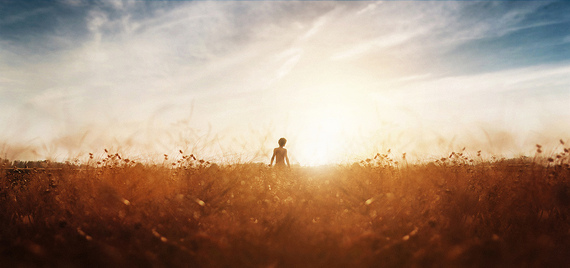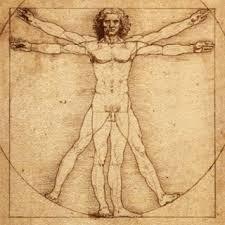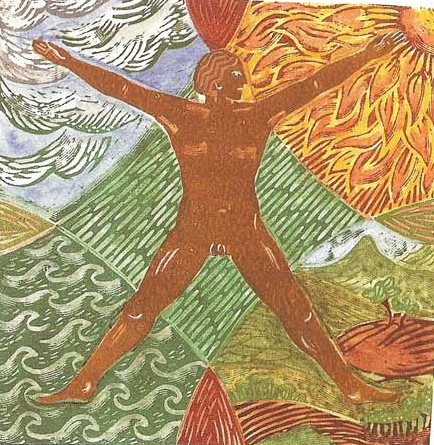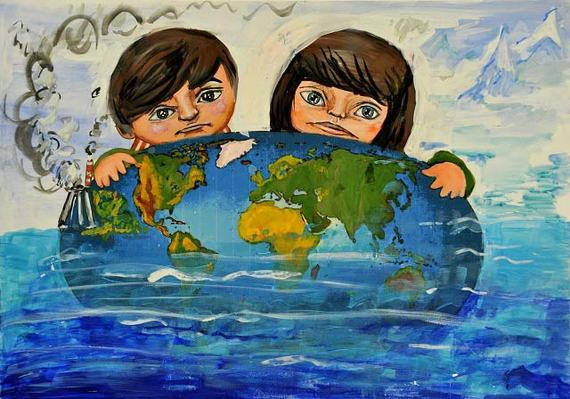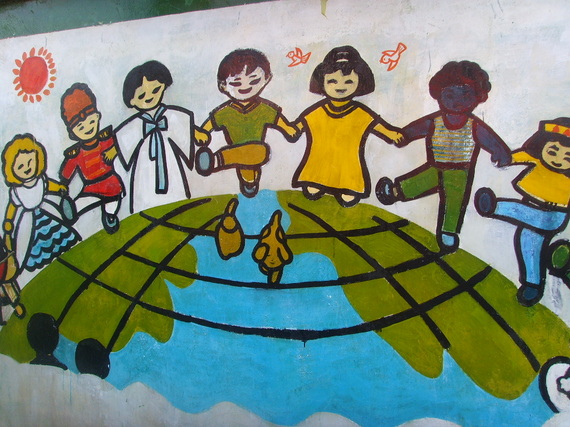In a course I took last year, Concepts of Freedom, we explored different depictions of freedom from ancient Greek thought, to Stoic thought, to early Christian thought, to recent philosophical thought. What is freedom? What makes us free?
In the American mindset, it is likely to think that it is the freedom to choose that constitutes freedom. But, Christianity suggests that freedom goes deeper than just choice - that our freedom depends on the extent that we come into accordance with our own human nature.
The catch is that our human nature is not limited to just ourselves, or other humans, but extends to the whole of creation. In his encyclical, "Laudato Si'," Pope Francis calls for us to raise our awareness about our common origin with the environment. He addresses our consumer driven culture and how it has dulled our mindsets, limiting our cognizance to our own needs and wants. We must recognize that our common origin is tied to our human nature; therefore, it is essential to the question of our freedom. Our freedom is bound to creation's freedom.
Our capitalistic culture conditions us to become self-absorbed, attempting to fill ourselves. Contrarily, Christianity claims that we become freer as we become less egocentric, the more we love and give to others. Pope Francis says that it is individualism itself that we must overcome. He states: "Disinterested concern for others, and the rejection of every form of self-centeredness and self-absorption, are essential if we truly wish to care for our brothers and sisters and for the natural environment" [208]. We must not only care for our neighbors, but all of creation - for the common good. Pope Francis claims that authentic freedom is found in our "openness to what is good, true and beautiful," in addition to "our God-given ability to respond to his grace at work deep in our hearts," which no system can fully suppress [205].
Environmental degradation leads to human degradation as well. All of creation is made of the same stuff. We learn this from Genesis 3:19 - "You were made from dust and to dust you shall return." Acknowledging and appreciating existence, and then taking a step further by striving to be empathetic to all that is in turn makes us more ourselves, and "expresses our own dignity" [212].
But it's easier to just... not recycle or compost, right? To just purchase goods and dispose of waste according to the services that make it easy for me to keep my own home ordered and comfortable. It is easy to remain in the realm of ignorance about the consequences of our actions and their effects on the environment. It is easier to remain in our contented routines. How do we expand our horizons? Pope Francis explains that a conversion is necessary - an ecological conversion. We must yearn for a desire to change, to become conscious about how our actions and how we consume influence the environment. "Living our vocation to be protectors of God's handiwork is essential to a life of virtue; it is not an optional or secondary aspect of our Christian experience" [217].
Where to begin? Pick one thing. Try. Maybe it's picking up a book such as Diet for a Hot Planet or reading "Laudato Si'." Make a decision to put in a little work to become aware about the conditions of climate change. Read the labels in the grocery store to learn about how your food was produced. Plant a seed in your backyard.
When we begin to care more about the whole of creation, we in turn come into a closer accordance with our human nature, which is linked to all of creation. Expanding our sphere of care beyond ourselves, beyond our homes, and to the common good of the world makes us more human.
The universe unfolds in God, who fills it completely. Hence, there is a mystical meaning to be found in a leaf, in a mountain trail, in a dewdrop, in a poor person's face. The ideal is not to pass from the exterior to the interior to discover the action of God in the soul, but also to discover God in all things [233].
http://w2.vatican.va/content/francesco/en/encyclicals/documents/papa-francesco_20150524_enciclica-laudato-si.html
